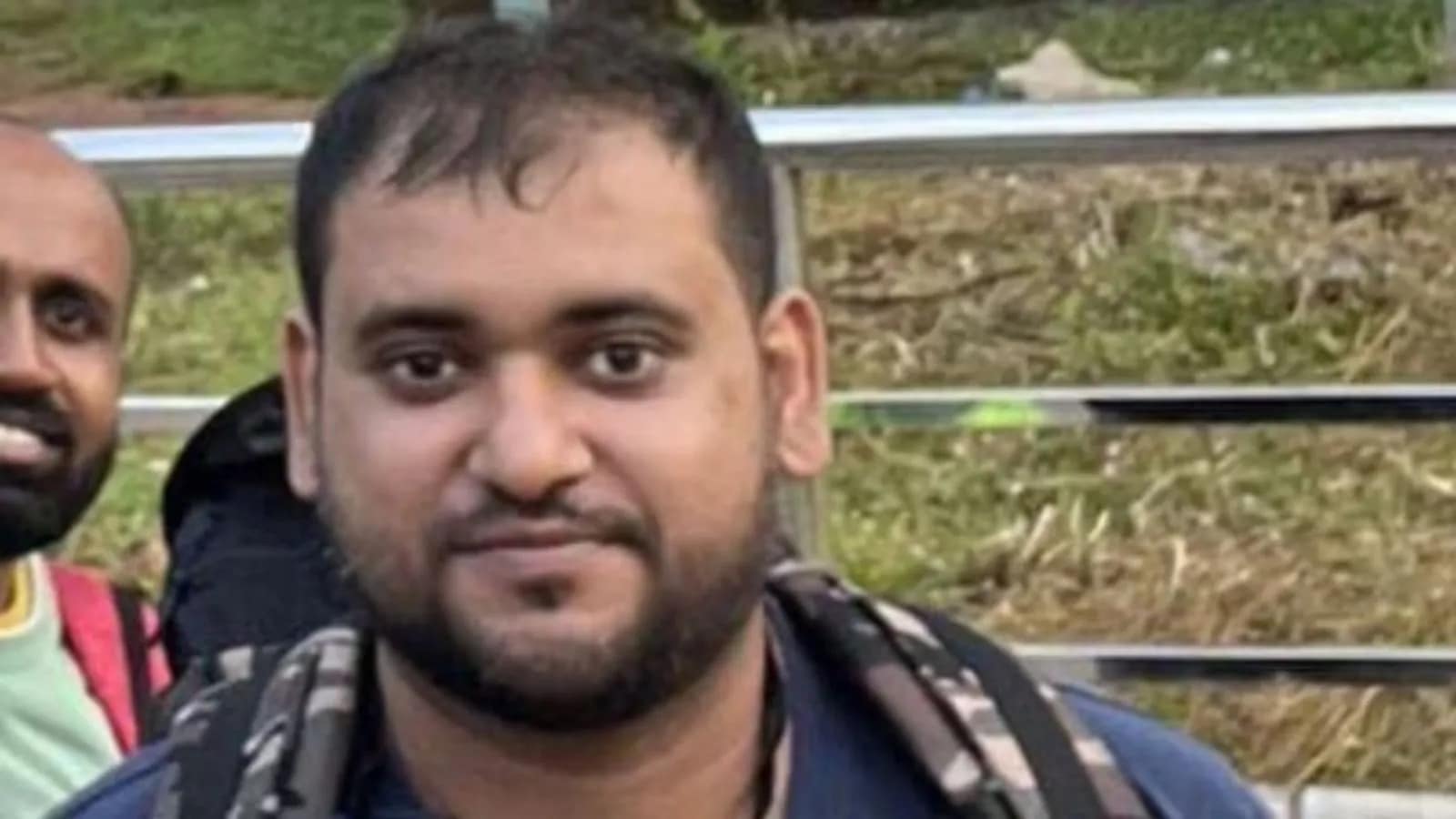Shocking Turn In Techie Suicide Case: Did Karnataka HC’s Bail Decision Betray Justice?
Why Did the Court Grant Bail to Nikita Singhania Despite Serious Allegations of Harassment and Extortion?

New update on the techie suicide case: the recent order by the Karnataka High Court in which it refused to quash the FIR filed against Nikita Singhania, wife of Atul Subhash, a techie from Bengaluru, has taken the media into a broad debate. Recently, one of the AI engineers in Bengaluru committed suicide while accusing his wife and her family members of harassment and financial extortion last month. Many questions arise: marital disputes, legal liability, and how society would react to such disasters.
The Case Details
Atul Subhash reportedly took his life after citing unbearable harassment and a demand for Rs 3 crore as part of a divorce settlement by his wife, Nikita Singhania. In his final communication, Subhash accused his wife and her relatives of driving him to this drastic step. His death has since led to a series of legal proceedings, starting with a police complaint filed by Subhash’s brother, Bikas Kumar, under Sections 108 and 3(5) of the Bhartiya Nyaya Sanhita (BNS).
The Marathahalli police in Bengaluru registered an FIR following these allegations. However, things got complicated, and the case started getting dubious, as the lawyer of Nikita Singhania filed a case before the Karnataka High Court seeking its orders to quash the FIR. His counsel mentioned all the ingredients to define abatement of suicide that are missing from the FIR.

High Court’s Stance
The Karnataka High Court, however, refused to dismiss the FIR. Justice SR Krishna Kumar, heading the single bench, questioned why the investigation should not proceed, given the serious nature of the allegations. “The prima facie ingredients of the offence are made out in the complaint. Why don’t you want the investigation to happen?” the bench asked Singhania’s counsel.
The court remarks show it did not like the case being dismissed prematurely. The FIR had ample reasons for a probe under the charge of abetment to suicide. The bench further noted that the complaint provided enough details on instances of harassment that could not be ignored easily.
Counterarguments by Nikita Singhania’s Counsel
Nikita Singhania’s lawyer argued that the complaint had no direct evidence that could link her actions to Subhash’s suicide. They contended that the charges were circumstantial. They said that Subhash had not even mentioned acts on the part of his wife or her family, which had directly forced him to commit suicide.
Defence counsels further said that Nikita Singhania cannot be penalised for getting herself a divorce settlement and has a right to judicial redress. She said that it was part of a well chalked out scheme by Subhash’s family to besmirch her image and shift the attention from their nefarious activities.
Family Allegations and Safety Concerns
Subhash’s family reacted strongly to all the claims put out by the defence. His father, Pavan Kumar Modi, came out saying serious concerns about his grandson’s safety should be addressed, maintaining that Nikita’s actions portrayed her as an unfit mother: “If she can drive my son to take his life, she can surely harm my grandson’s life as well,” Modi said.
/newsdrum-in/media/media_files/2024/12/11/fAxfIAcZOLsxZJ8dWLPg.jpg)
The family has accused Nikita of exploiting her relationship with Subhash for financial gain. According to Pavan Kumar Modi, Nikita made repeated monetary demands under the guise of child support, escalating her demands from Rs 20,000 to Rs 80,000 and beyond. The family is now seeking custody of Subhash’s child, claiming that the child is safer under their care.
Legal Proceedings and Bail
The three of them, Nikita Singhania, her mother Nisha Singhania, and brother-in-law Anurag Singhania, received their bail orders from the court in Bengaluru on January 4. According to the news from their family side, they disapproved of the bail granting by challenging this decision before the Karnataka High Court, saying it may vitiate the atmosphere of serious nature that allegations attract as this move interferes with the pending inquiry.
The High Court has issued further notices to the respondents, directing them to file their objections. All the materials collected during this investigation must be submitted to the prosecuting agency. This shows that the High Court is more concerned with completing a fair and undistorted inquiry process.
Broader Implications
This case sheds more light on marital disputes and how they can quickly turn into lawsuits. In such cases, a balanced approach where the rights and obligations of both parties are considered, but justice is served in favour of the deceased and their family members is required.
The allegations of extortion and harassment also raise important questions regarding the possible misuse of marital dispute provisions and legal rights by parties involved in such disputes. While there certainly is a place for the prevention of real abuses and harassment, it has become equally imperative not to let them be used and exploited for some personal or pecuniary motive.

Conclusion: Techie Suicide Case
The tragedy of death is what happened with Atul Subhash’s tragic death; how devastating marital disputes left unattended can be remembered. Matters so intricate require extreme sensitivity and fair-mindedness to let no damage go, both emotional and physical. Every party behaves well in legal procedures, letting justice reign high.
Since the Karnataka High Court declined to quash the FIR against Nikita Singhania, this would be the first step toward accountability and transparency. The court has allowed the probe to continue, arguing that everybody is subject to the law and that every allegation merits a fair and in-depth investigation.
Undoubtedly, the case will attract legal and general attention in the coming weeks and months. But now, it reminds every one of the importance of moving on and focusing more on justice, sympathy, and responsibility in managing this world of complexly upsetting human relationships.




